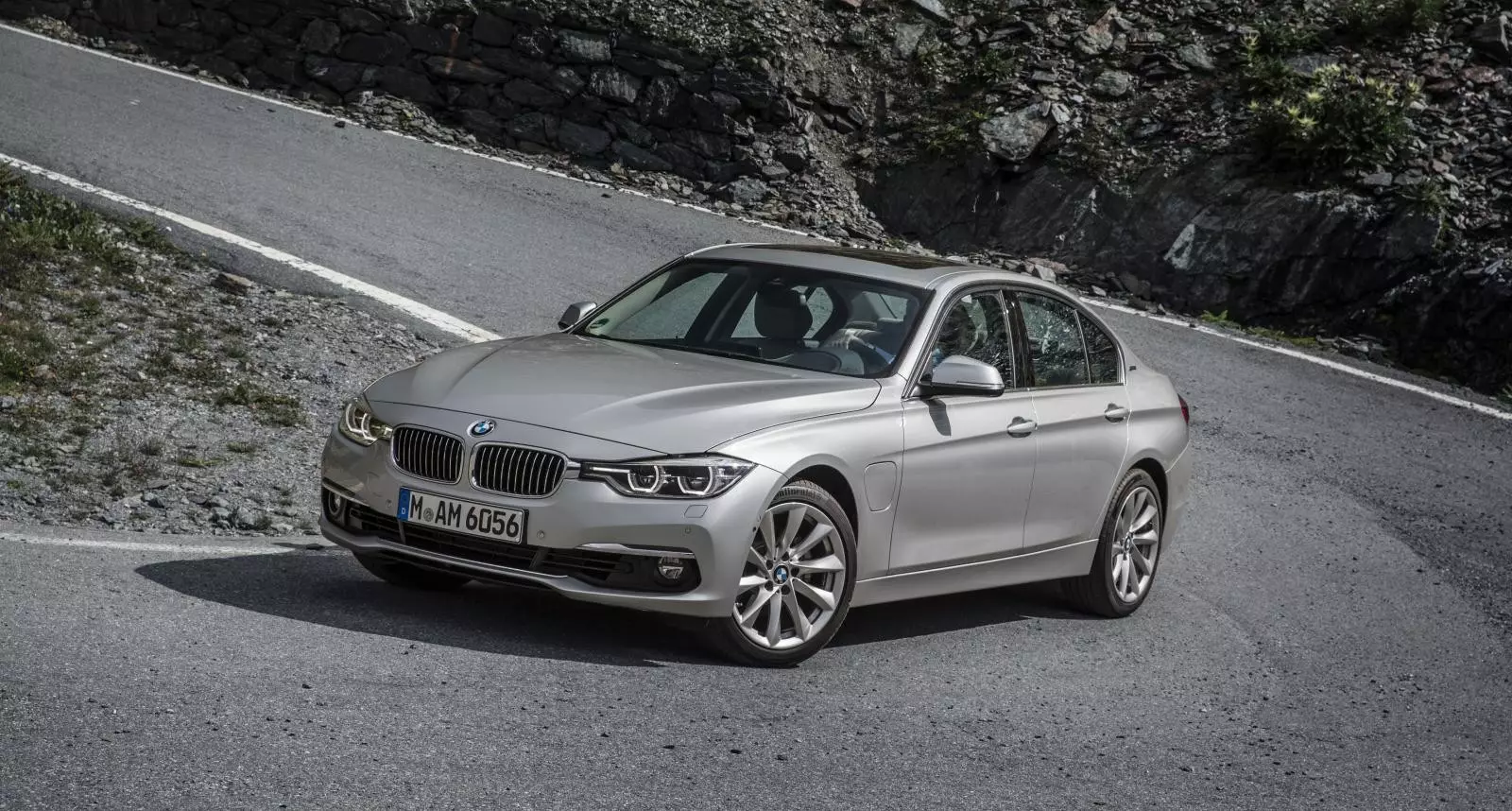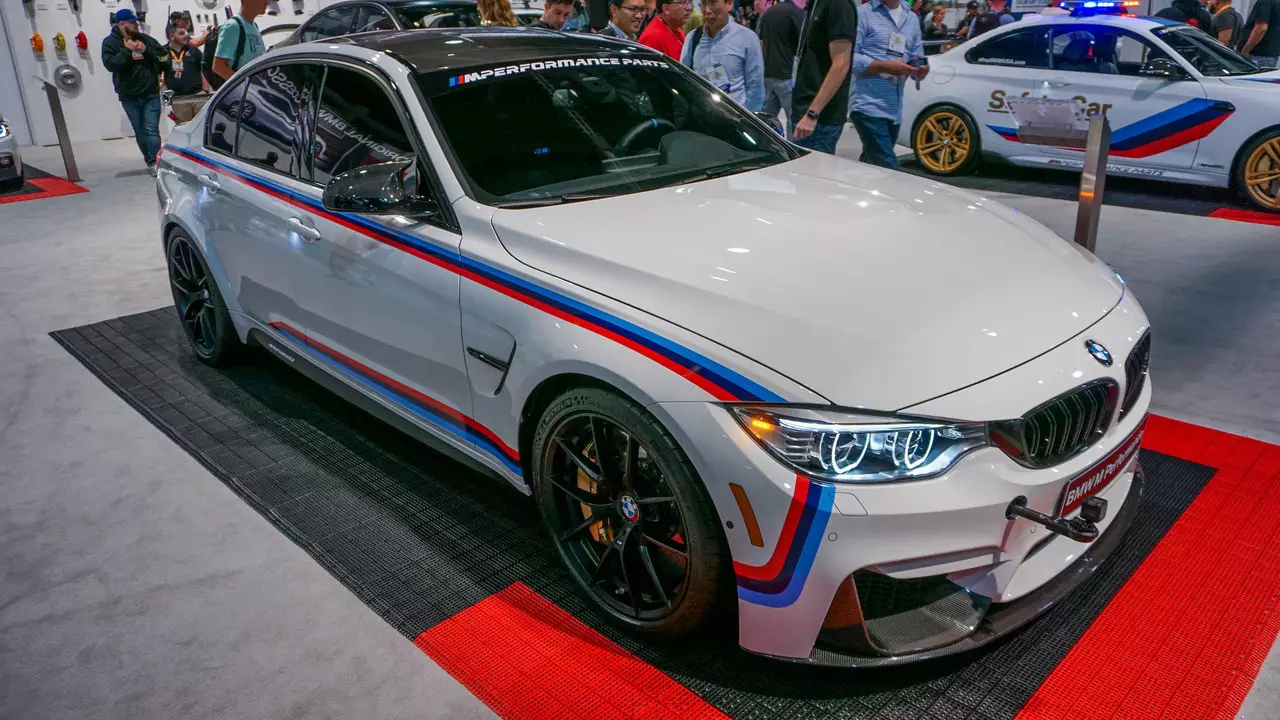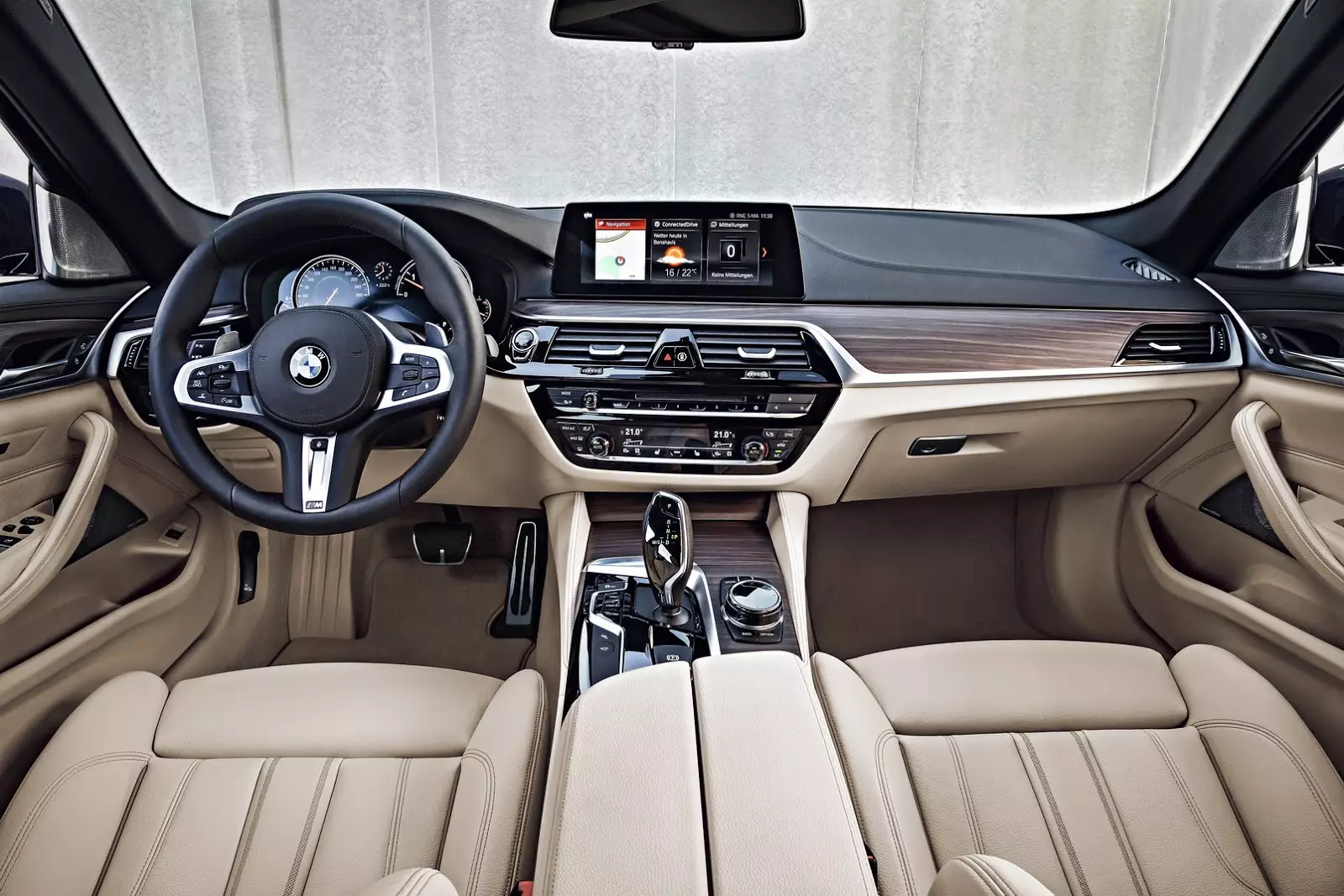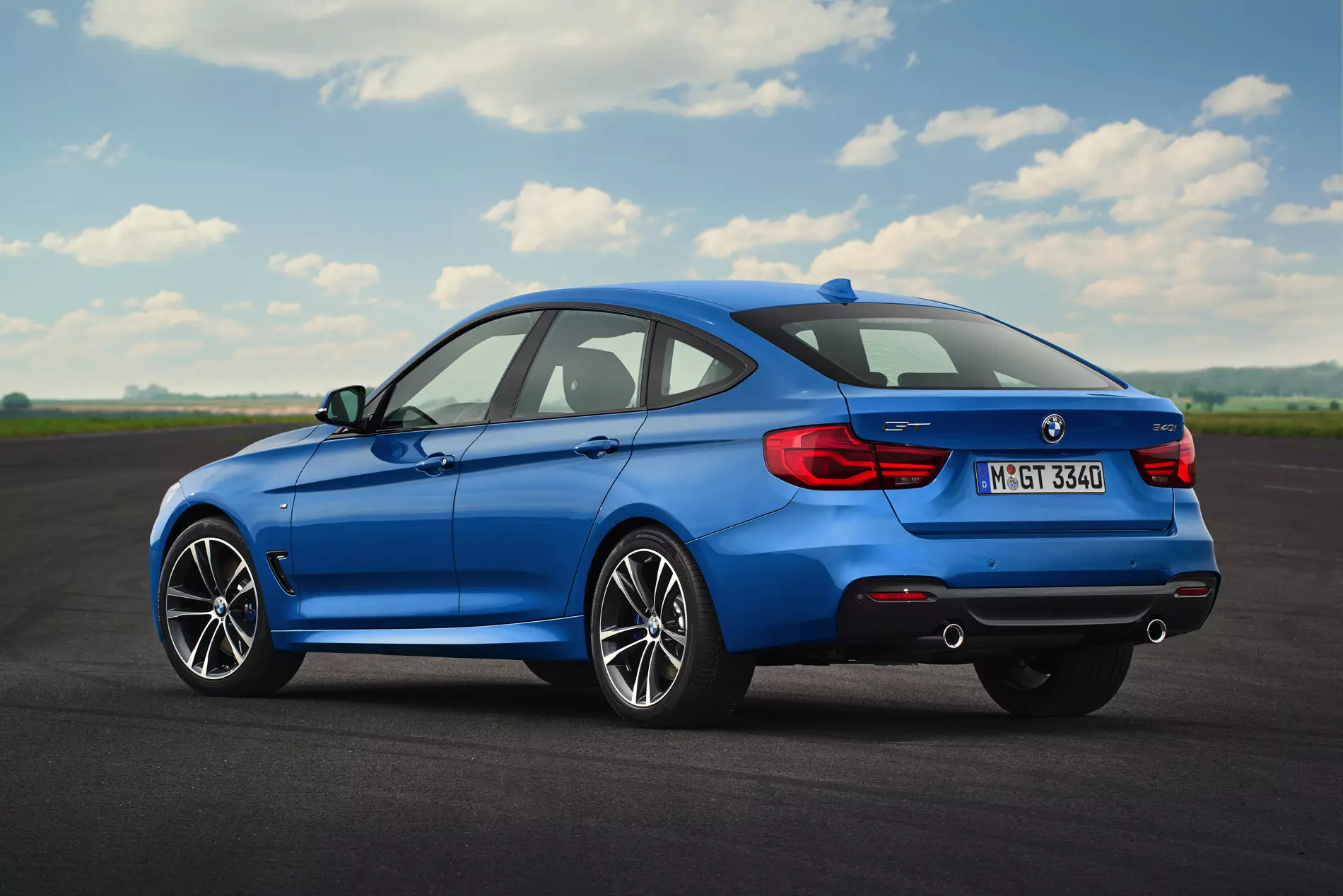The new BMW 3 Series — G20 generation — is expected to be known later this year, with an initial public presentation scheduled at the next Paris Motor Show in early October, before going on sale in 2019.
For decades, the unavoidable reference of its segment, especially in the dynamic chapter, the new generation will “land up” in a particularly more challenging context. The current 3 Series — the F30 generation — saw the arrival of new generations of the arch-rivals Audi A4 and Mercedes-Benz C-Class, which raised the bar in terms of quality, presentation and technological content.

Even in the dynamic chapter, one of the bastions of the Series 3, it has never been so threatened, with the arrival of new and capable competitors like the Jaguar XE and, more recently, the Alfa Romeo Giulia. We must also not forget the rapid changes the industry is undergoing, forcing a rethinking of approaches to dealing with “hot topics” — emission standards, connectivity and autonomous driving.
evolve, not revolutionize
Despite the recent and refreshing boldness on the part of BMW seen in the concept of the future 8 Series and Z4, the new Series 3 will bet, above all, on continuity . It's the BMW that sells the most, and the brand, of course, doesn't want to take unnecessary risks.Even so, Adrian van Hooydonk, the BMW Group's design director, says there will be greater distinction between the brand's models. In other words, the Series 3 G20 will not be a mini Series 5 G30.
Every new car from now on, we believe has to have a fresh character all by itself. The new 3 will be part of a new language, but it will also have some features that will be unique to it.
CLAR, of course
Naturally, the BMW 3 Series will also turn to CLAR — the backbone that serves the brand's longitudinally-engined, rear-wheel or all-wheel drive models. With it also comes a multi-material approach — high-strength steels, aluminum, magnesium and even carbon fiber in top-end versions — which should result in a few dozen pounds less than the current one. It doesn't seem like much, but we have to take into account that the G20 will grow relative to the F30.
More efficiency
Like the current one, the new G20 will use three-, four- and six-cylinder in-line engines, gasoline and diesel. Most of them are already known from the F30, but will be revised, with a view to more efficiency and compliance with the strictest emission regulations.
Gasoline engines gain particle filters , and the revisions carried out on these, together with the efficiency gains that come from CLAR, should guarantee a 5% reduction in consumption and emissions.
The bet on Diesel is to continue, as they continue to be an essential part in the continuous reduction of the brand's emissions, in order to meet the targets set by the regulatory bodies.
If today there is already a Series 3 plug-in hybrid, the G20 has two versions planned. One will be based on the 1.5 three-cylinder and up to 50 km of range, while the other will be based on the 2.0 four-cylinder and up to 80 km of range. Surprise is the possibility of a 100% electric version.

M Performance to double
At the other extreme, and following the example of Series 5, we'll see the BMW 3 Series win a pair of M Performance versions — one gasoline and one diesel. Being at the top of the hierarchy, excluding the M3, the future M340i and M340d will use 3.0-litre, inline six-cylinder engines.It is estimated that the M340i will present itself with 360 hp, although some rumors indicate higher values. The M340d will come exclusively with the xDrive system — all-wheel drive — with the six-cylinder in-line block delivering something like 320 hp.
And speaking of M…
The future BMW M3 (G80), scheduled for 2020, will keep the six-cylinder block in line, with 3.0 liters of capacity, and, of course, turbo. Similarities with the current — M3 F80 — should end there.
Among the new features, the M4 GTS water injection system is expected to win, with power rising accordingly up to, it is expected, 500 hp, thanks also to the pair of turbos assisted by an electric compressor, in a solution similar to the one found on the Audi SQ7.
The “shock” about the future M3 is definitely the abandonment of rear-wheel drive — just like the new BMW M5, the BMW M3 will also come equipped with all-wheel drive. But, like the M5, hopefully it brings a 2WD mode, which is to say, just two-wheel drive… from the rear.
more technology
Naturally, the BMW 3 Series G20 will receive the latest technological advances, many of them debuted by the latest BMW 7 Series — remote control parking and semi-autonomous driving systems are virtually guaranteed to be present.
The interior will also adopt solutions seen in the latest BMWs, such as the 5 Series and even the future 8 Series — be it the layout or the instrument panel, with a greater predominance of digital elements rather than physical ones. The new infotainment system should allow not only touch control, but also gestures and voice, but the iDrive command will continue to be present.

Goodbye 3GT?
Of the three bodies in existence today, the traditional four-door saloon and van remain in the range. But the BMW 3 Series Gran Turismo, perhaps the car that takes the definition of crossover the most literally — it seems to be the result of a relationship between a high MPV and the fastback roofline of a coupe — is predicted to lack one. successor.

The Series 3 GT will be replaced by the future Series 4 Gran Coupé — according to some sources, the two current proposals, which bet on superior versatility, overlapped commercially. The more appealing of the two goes ahead, which should appear in 2020 or 2021.
